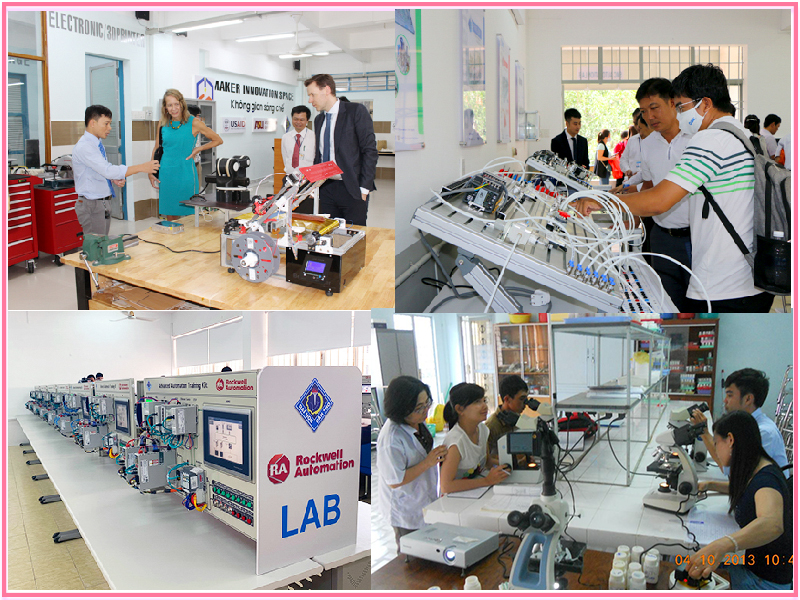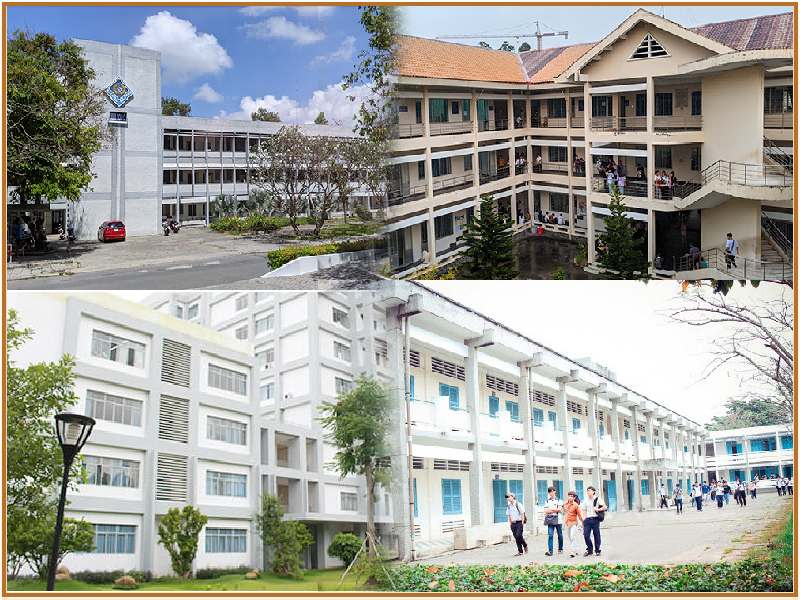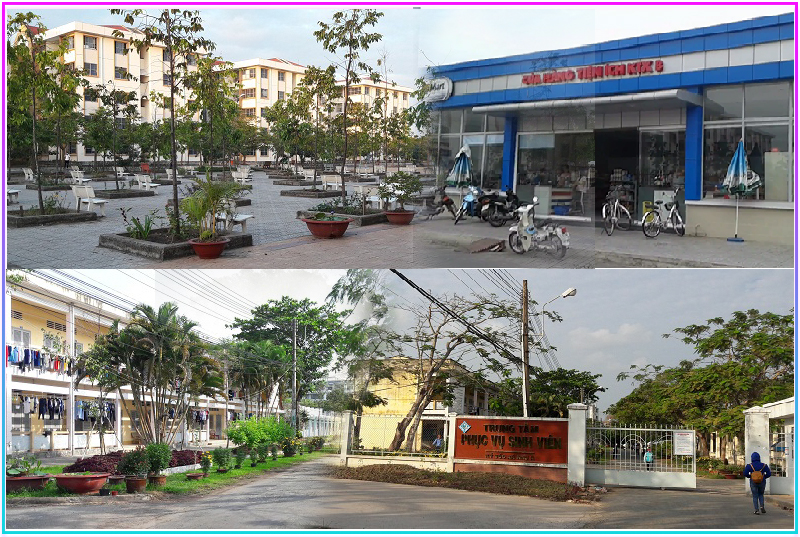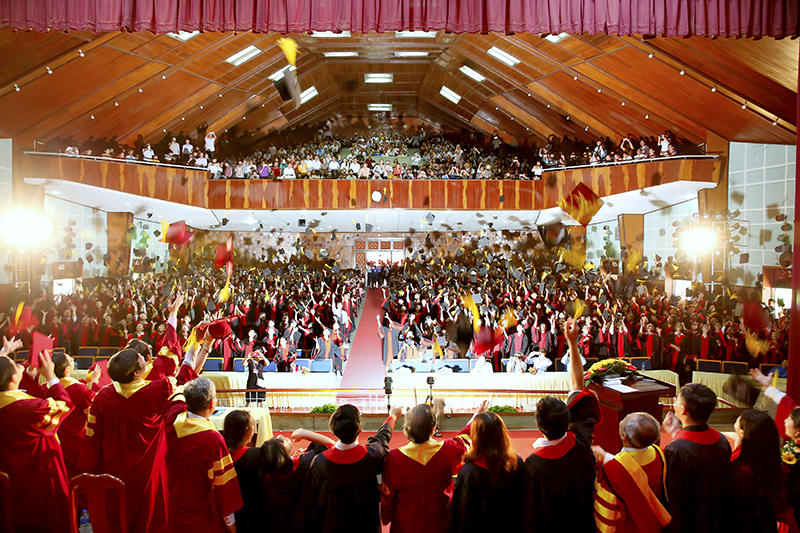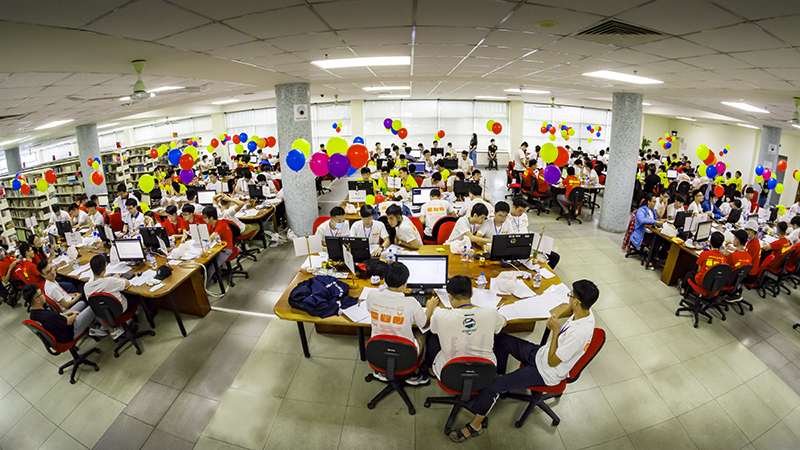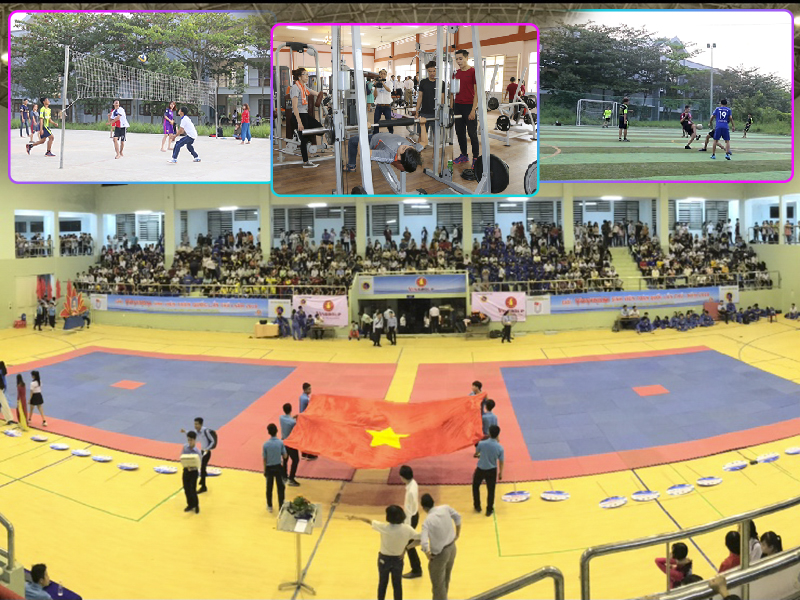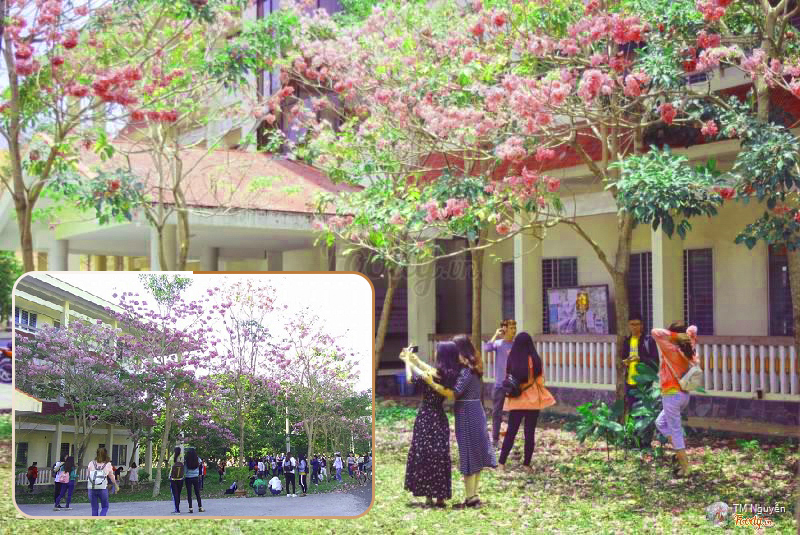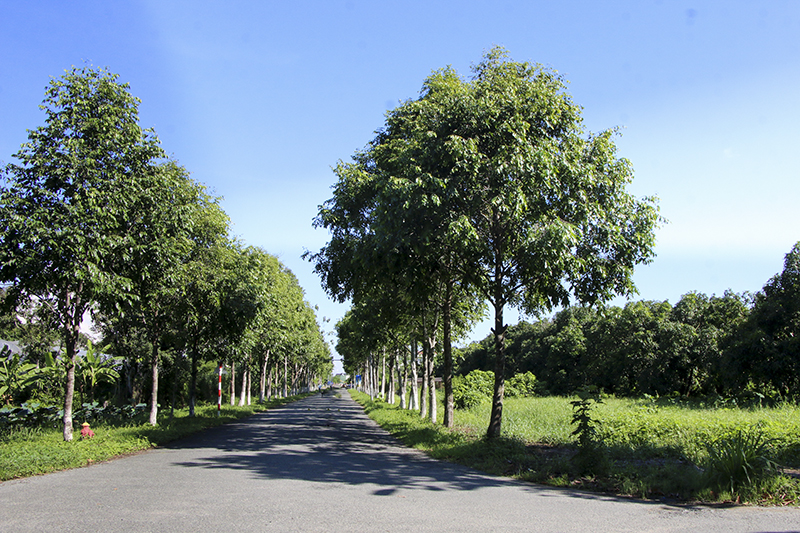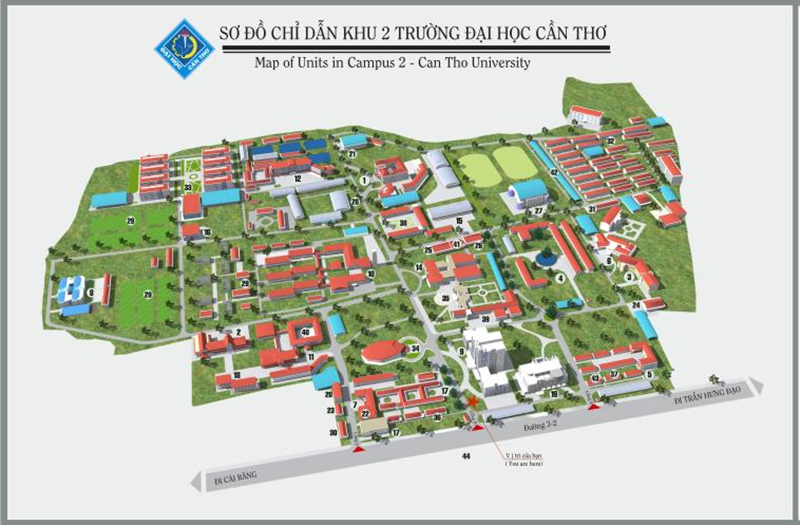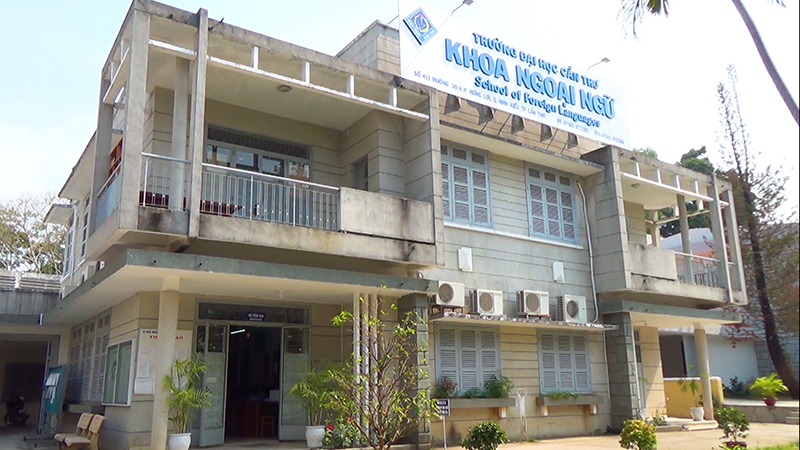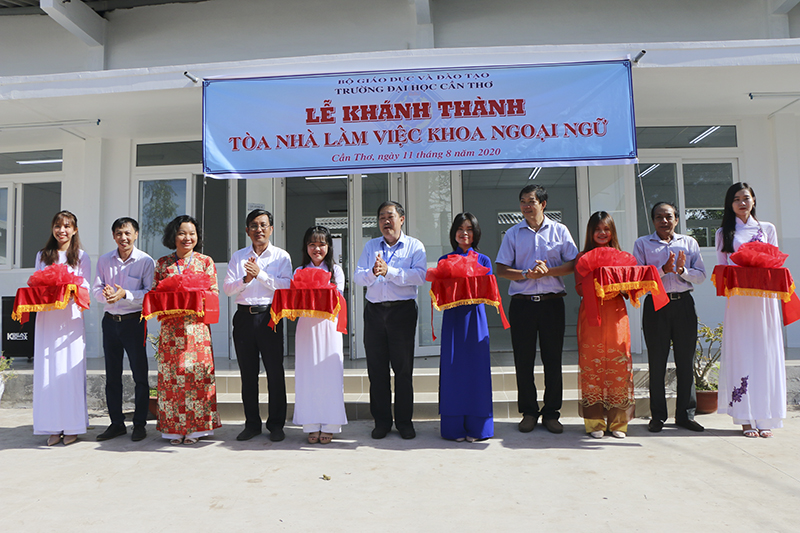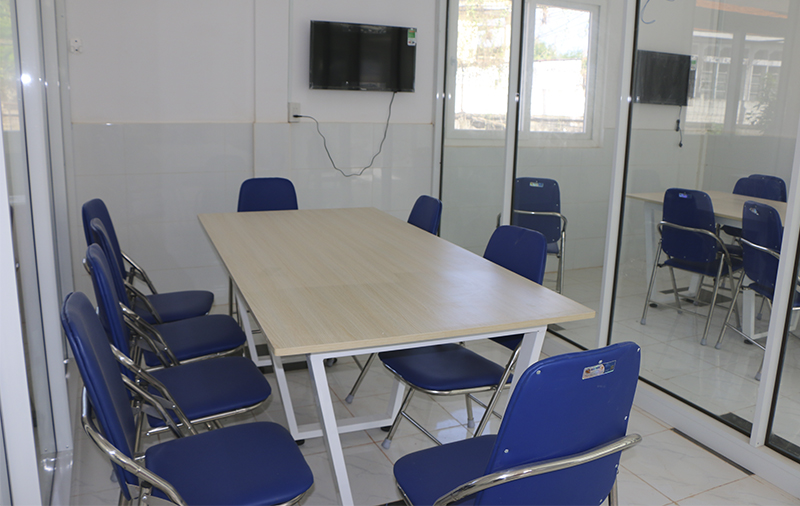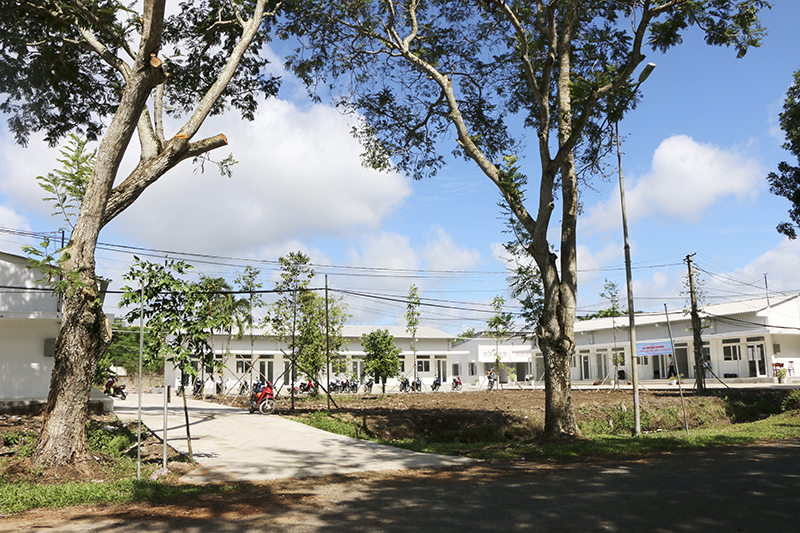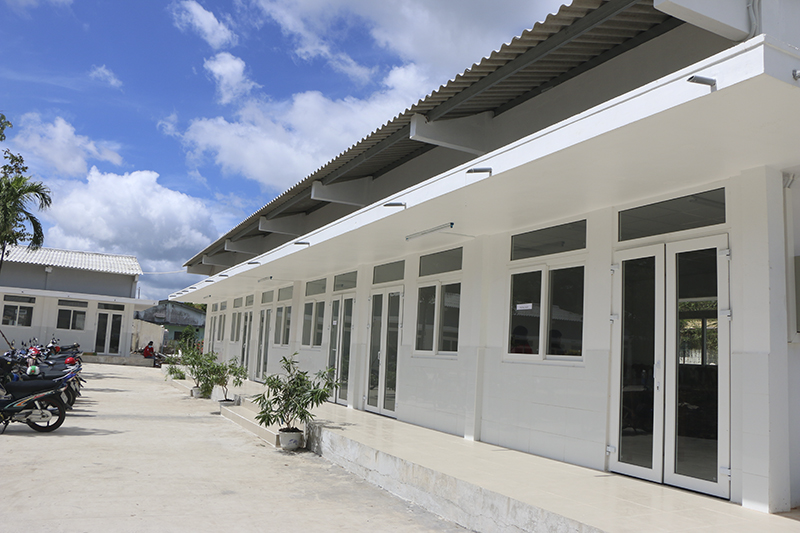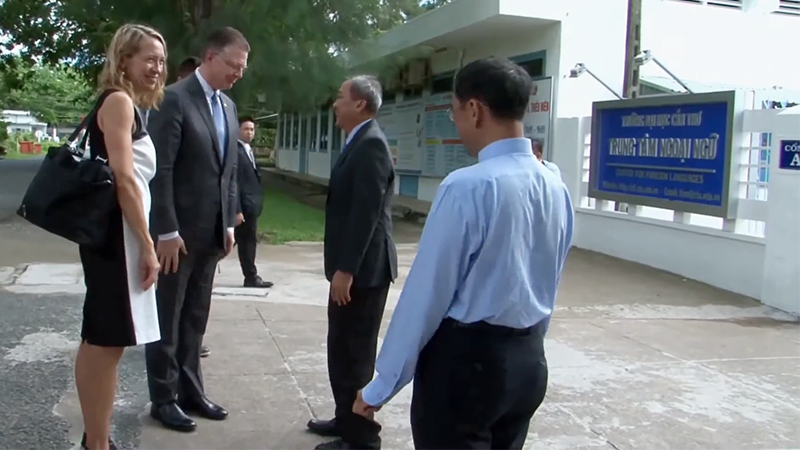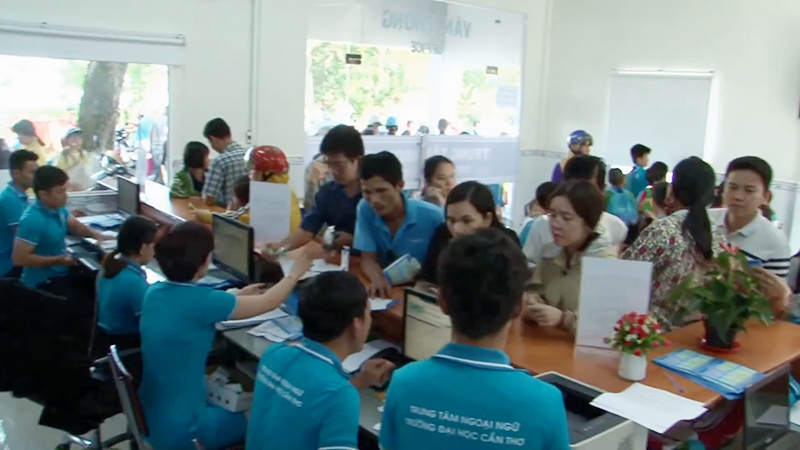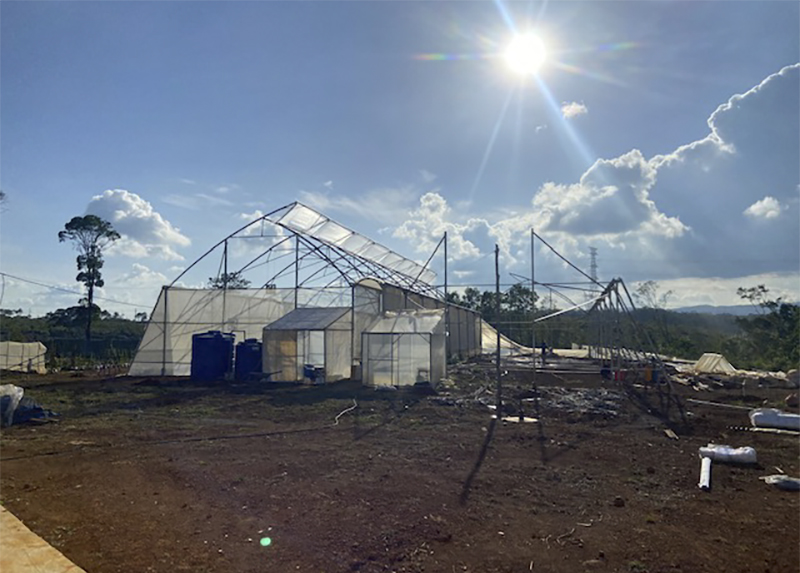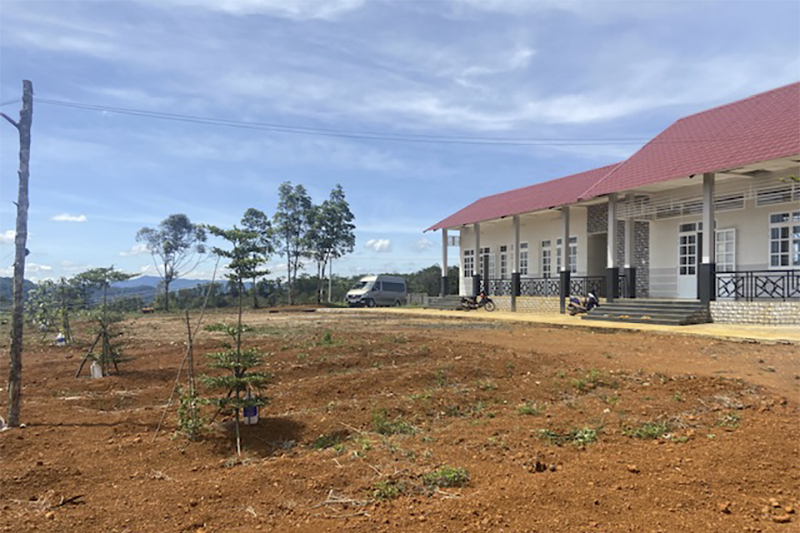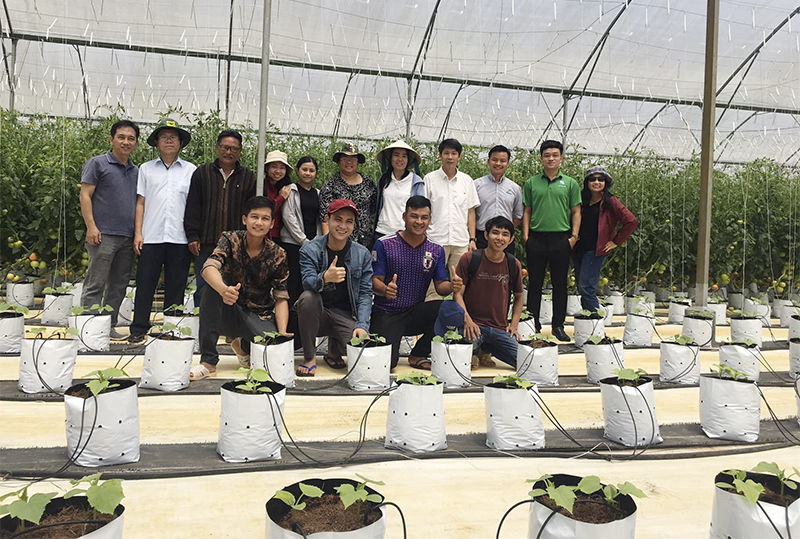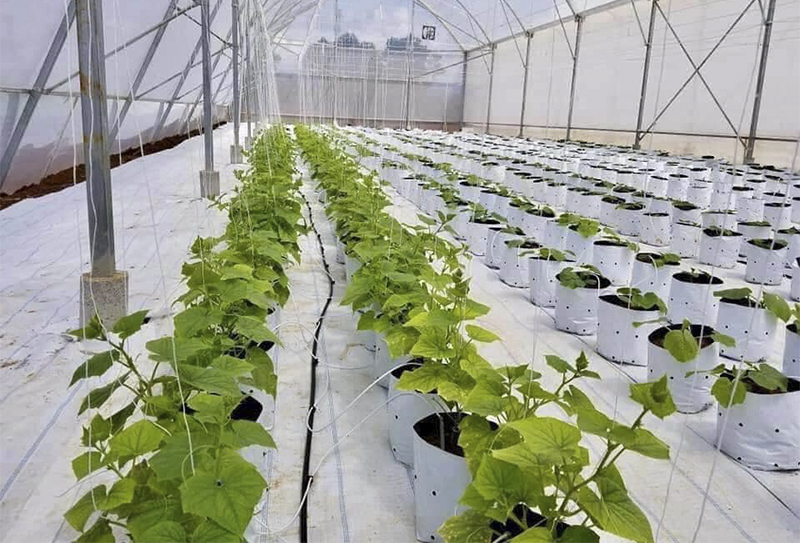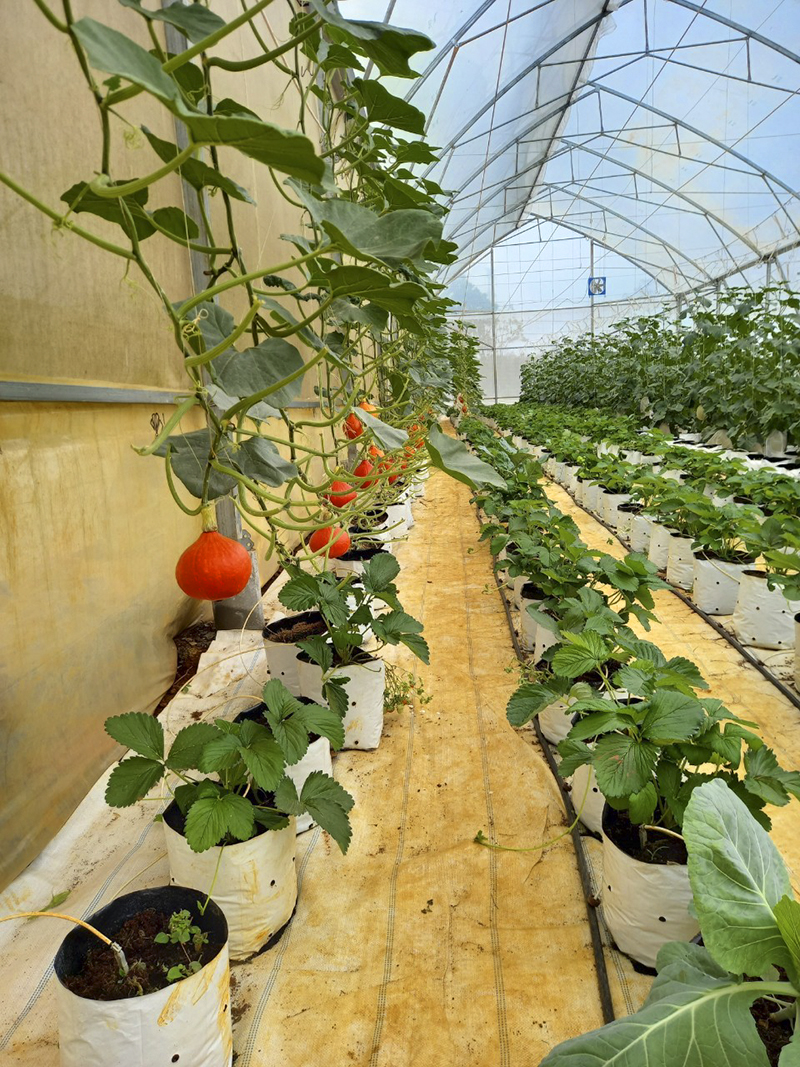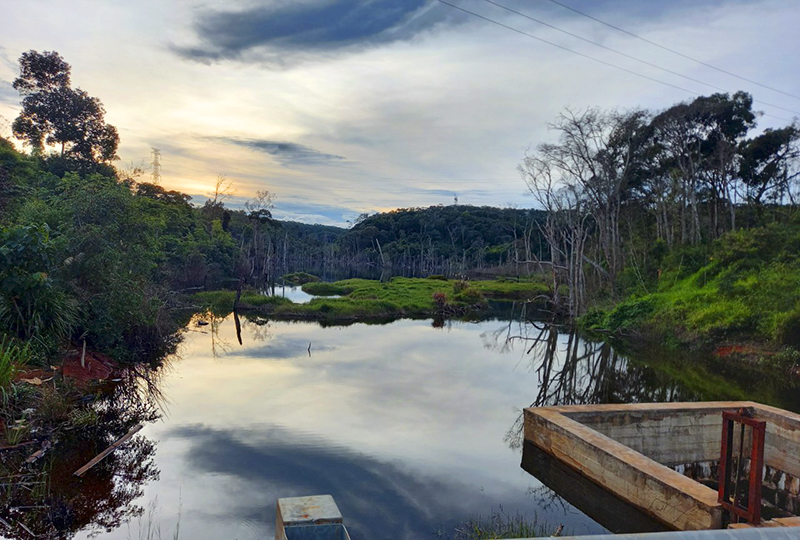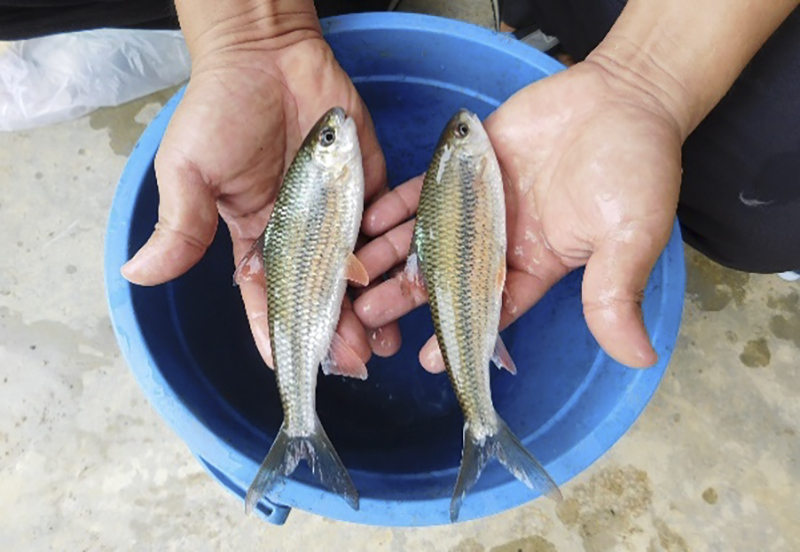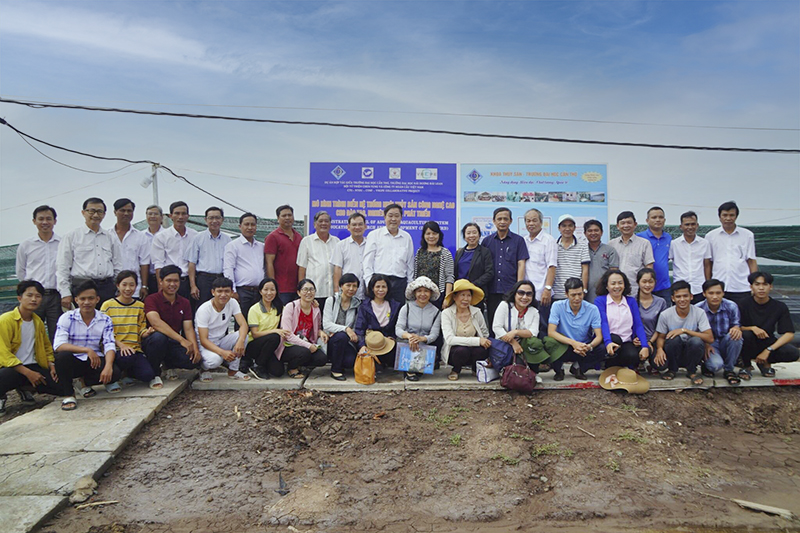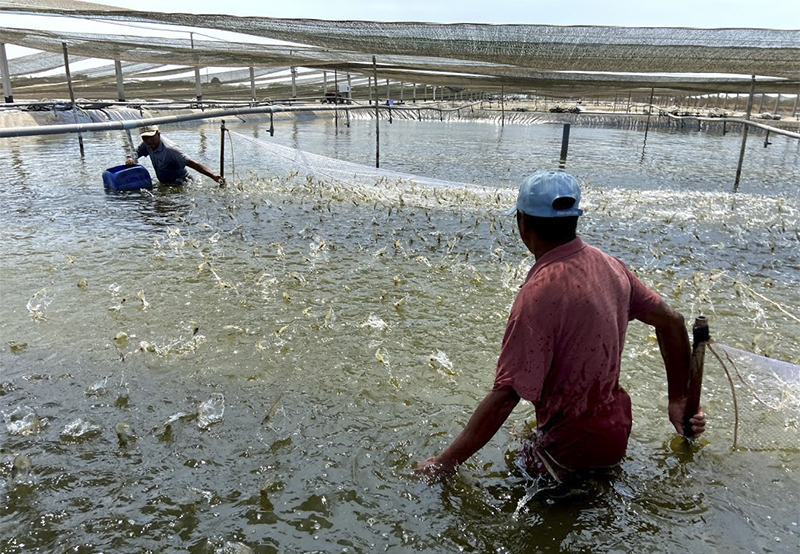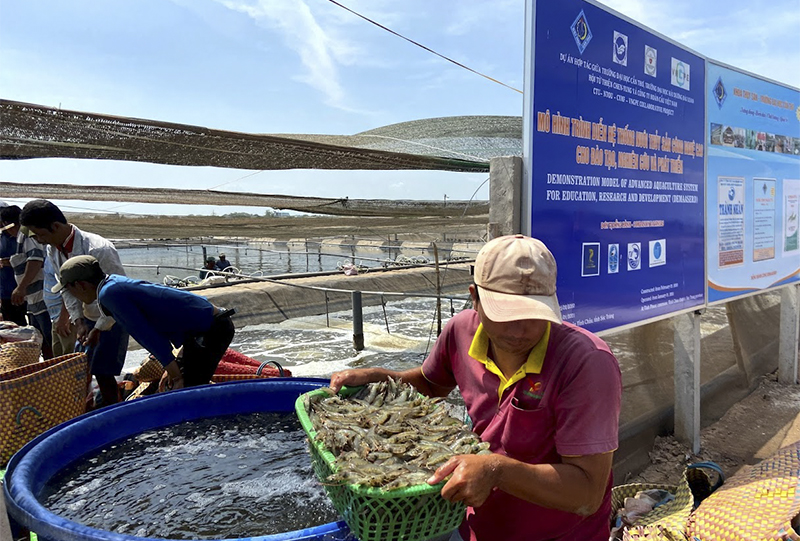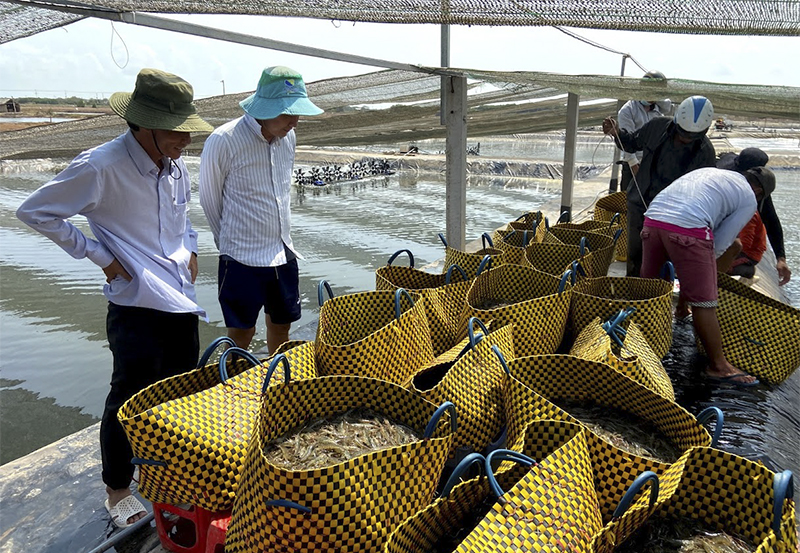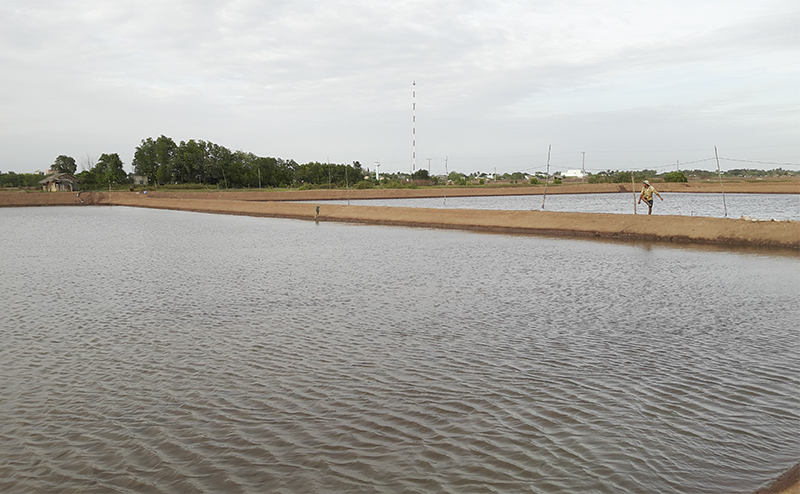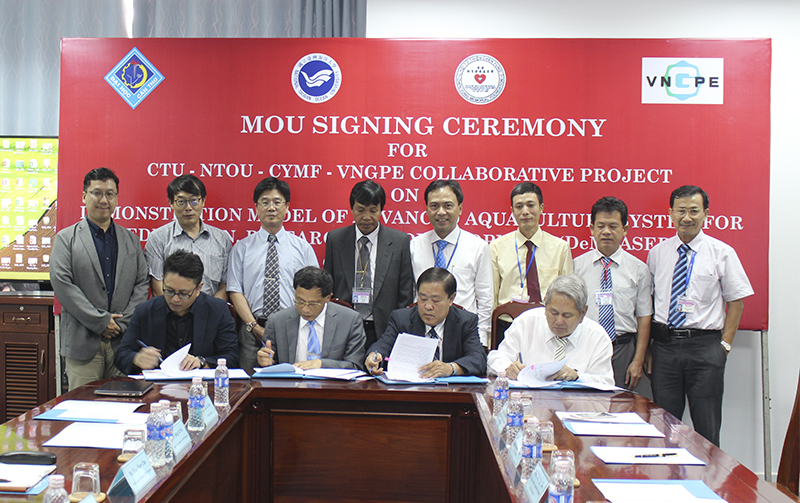Campus II, the main campus of Can Tho University, with an area of 87 hectares, is located on 3/2 street, Xuan Khanh Ward, Ninh Kieu district, Can Tho City. Established on March 31st, 1966, Can Tho University, formerly Can Tho Higher Education Institute, has four faculties: Science, Law and Social Sciences, Literature, and Education.
After 1975, Can Tho Higher Education Institute was renamed Can Tho University. In the following years, the University constantly expanded the scale of organization and training; In the early 1980s, the University had 14 sub-faculties (5 sub-faculties of Education, 7 sub-faculties of Agriculture, Faculty of In-service Training, and Faculty of Medicine-Dental-Pharmacy), and 7 Centers for research and services.
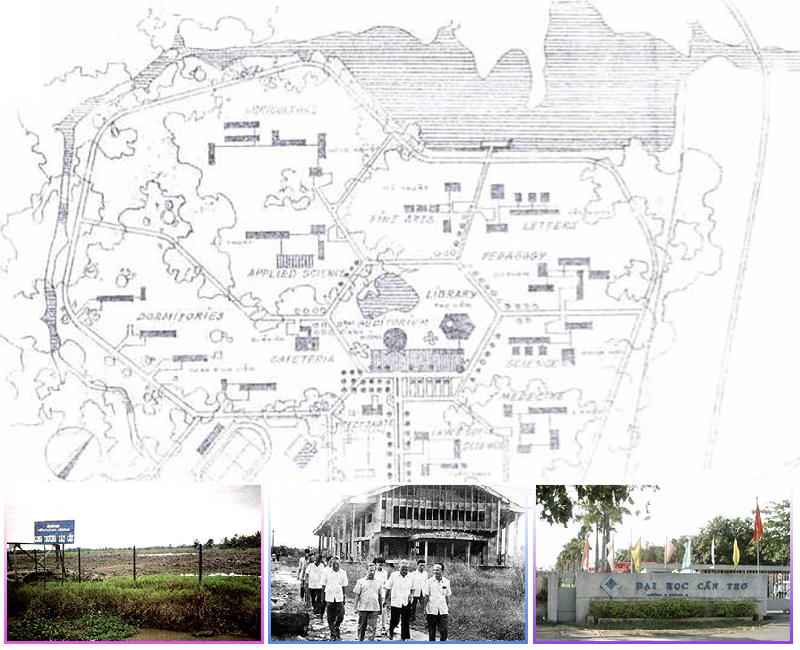 |
| Planning map of Campus II and the early days of formation |
In the process of construction and development, the University has gradually upgraded facilities to serve training, scientific research, and other activities. Started with only 1 lecture block with 6 classrooms, containing about 600 students, 1 library, and 1 office for the Institute's president. The University has gradually invested in construction to replace all classrooms and temporary houses with permanent ones. Many building constructions of the University are invested and equipped such as the College of Agriculture, College of Aquaculture and Fisheries, College of Engineering Technology, College of Natural Sciences, School of Education, College of Environment and Natural Resources, College of Rural Development, Administration Building, National Defense Education Center, Dormitories, etc.
Today, Campus II has experienced a spectacular change with a fresh and green environment, modern facilities, and more and more buildings constructed.
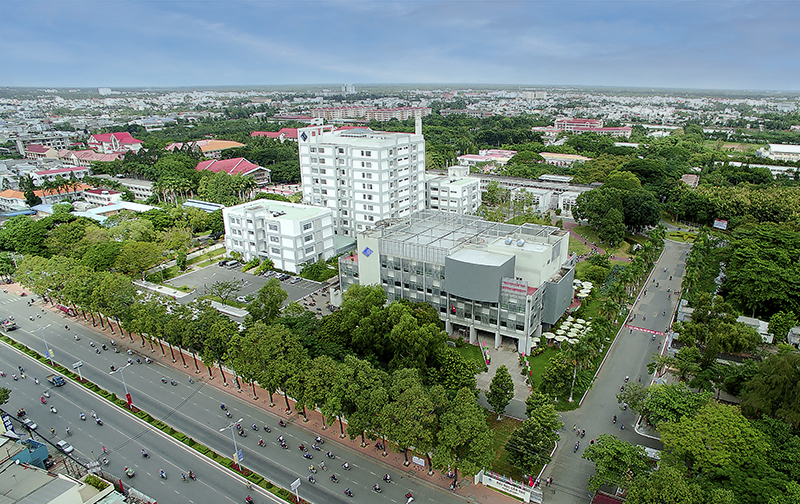 |
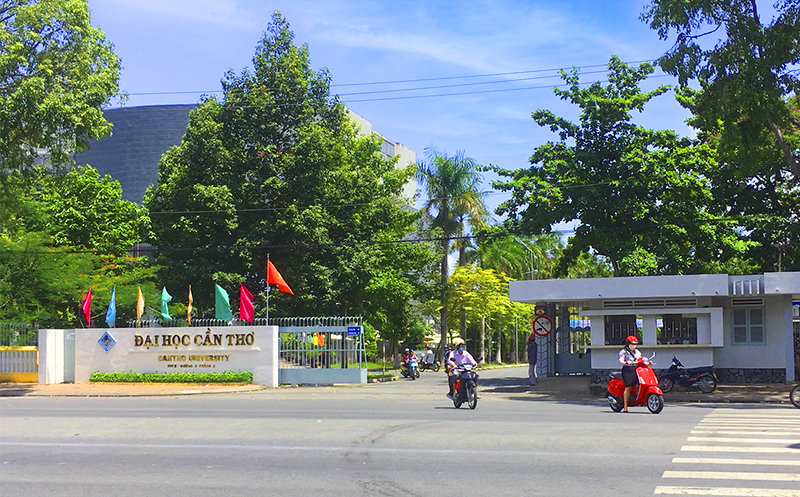 |
| The front of Campus II |
Through more than half a century of establishment and renovation, Can Tho University has grown dramatically with the enthusiasm and strategic vision of generations of leaders. It is focused on making conditions for the development of teaching staff to study and improve their qualifications in advanced countries, increase the number of leading staff with high academic degrees, expansion of international relations to gain prestige and reputation in the regional and international scope, especially upgrade of laboratory facilities and equipment, purchasing modern equipment to improve the quality of teaching, learning, practice, and internship, helping students quickly access modern equipment with new and advanced technologies in the world.
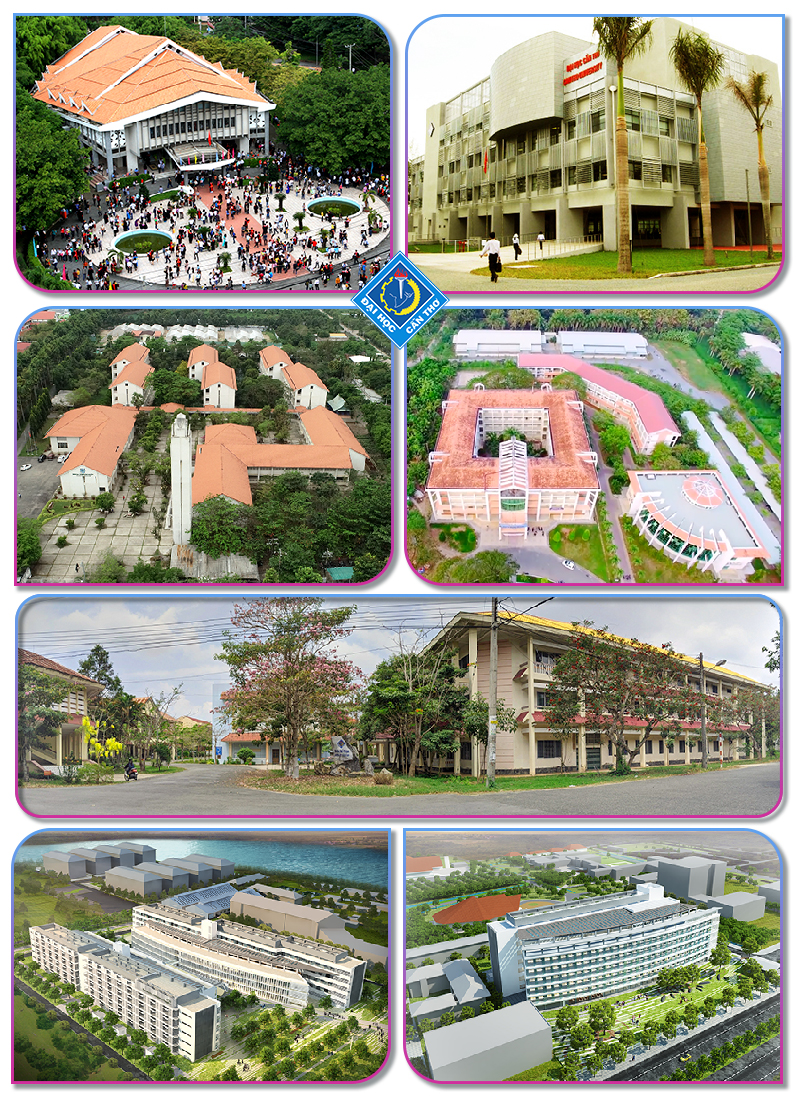 |
|
Typical constructions change the appearance and make a deep impression in the University's development stages |
Can Tho University continue to invest in building and upgrading facilities and equipment to serve both online and offline teaching and learning, and invest in digitizing activities to improve the University's appearance and performance.
According to the statistics, in the third quarter of 2023, the University has 17 teaching units, 3 research institutes, and a high school, besides a number of centers and departments as supporting units with more than 1.800 staff members including 17 professors, 158 associate professors, 600 PhDs, 687 masters.
|
|
|
Maker Innovation Space, laboratories with modern and advanced equipment |
|
|
| Blocks of classrooms and lecture halls
|
|
|
| Dormitories
|
Some typical activities at Campus II of Can Tho University:
|
|
|
Graduation ceremony at the Turtle Hall |
|
|
|
Learning Resource Center |
|
|
|
Multi-purpose gymnasium, volleyball court, football field for staff and students |
|
|
| "Kèn hồng", a kind of pink lily, is blooming in Campus II |
|
|
| A green corner in Campus II |
|
|
|
Map of Campus II |
Campus I of Can Tho University with an area of more than 6 hectares, is located at 411 30/4 Street, Hung Loi Ward, Ninh Kieu District, Can Tho City. Campus I formerly included lecture halls, laboratories, student club, model high school, female student dormitory; some duplex villas on the main street frontage are used as offices of faculties; other duplex villas are used as offices of the Rectorate Board and departments. Villa No. 1 is used by the Party Committee of Hau Giang Province as a guest house used to have high-ranking Party and State leaders such as Le Duan, Pham Van Dong, Vo Nguyen Giap, Vo Van Kiet, etc. The other blocks of Campus I are used as housing for officers.
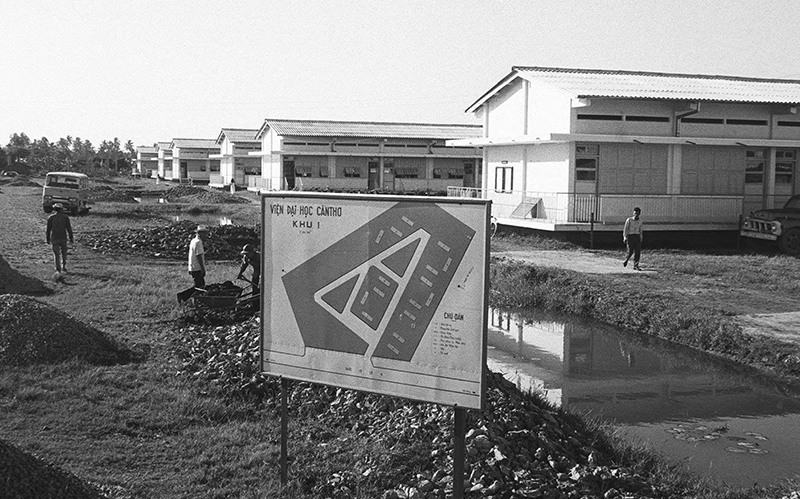 |
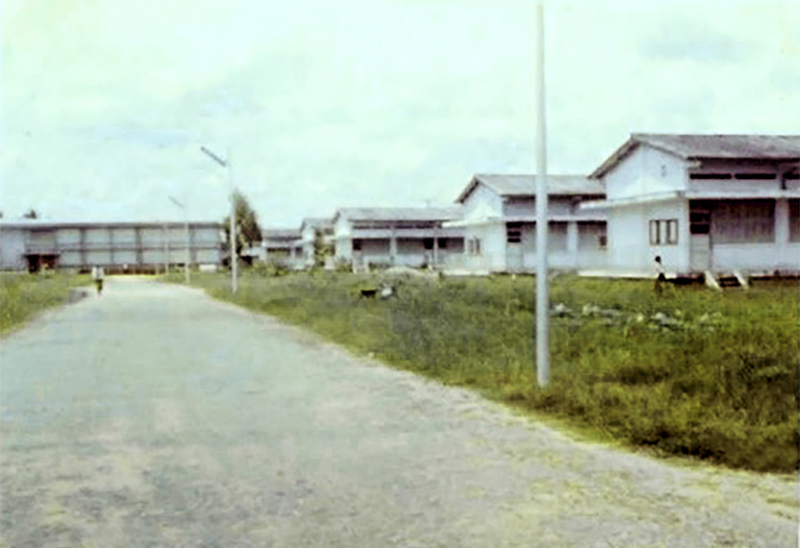 |
|
Planning map and the early days of construction |
As part of the long-term development strategy as well as the development of facilities, expanding the scale and diversifying types of training, in order to serve the training of high-quality human resources to meet the development needs of society and international integration, the University decided to gradually move some departments and faculties from Campus II to Campus I. Additionally, in June 2020, School of Foreign Language was moved to Campus I, then more teaching facilities of the School were developed.
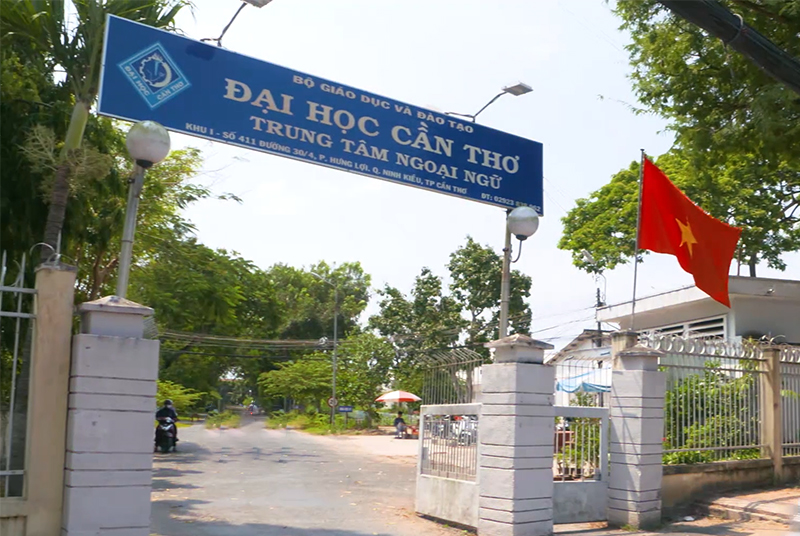 |
|
The gate of Campus I |
The new blocks were built for the School of Foreign Languages with an area of about 1,000 m2 with a total budget of more than 2.5 billion VND. There are 11 newly-built rooms including an administration office, 4 rooms for the Dean Board, a meeting room, a seminar room, multimedia rooms, and 03 classrooms for high-quality study programs. This construction is meaningful, marking a new development step of the School of Foreign Languages, contributing to meeting the urgent needs in the development of training scale, as well as quality in management and administration, teaching and learning. The University keeps promoting, innovating, and building the School of Foreign Languages to become a key unit of the region in training, scientific research, and developing processes and solutions related to foreign languages.
School of Foreign Languages is established on March 31st, 2015 with the task of teaching undergraduate and graduate students majored in foreign languages; managing, building and developing foreign language study programs of the University; especially advising the Rectorate Board on English language testing and assessment for students and others in the Mekong Delta.
|
|
|
|
|
|
|
|
|
|
|
|
- Established in 1991, Center for Foreign Languages of Can Tho University is a center for teaching and organizing national foreign language competency assessment exams with high quality and prestige. The Center regularly offers English and French courses at all levels, along with the courses of Japanese, Chinese, Korean, and Vietnamese to foreigners. The Center also organizes IELTS, TOEIC, TOEFL ITP exam preparation courses at many levels with flexible learning time to meet the needs of students.
Located in the city center, the Center's main office is located in Campus I, its branches are located in Campus II, Campus III, and Hoa An Campus of Can Tho University. In addition, the Center's classrooms are distributed in Ninh Kieu, Binh Thuy, Thot Not districts. The Center also collaborates with other educational institutions to organize teaching and exam preparation courses to meet the diverse needs of students in the region.
To ensure the best quality with the most reasonable fee, the Center for Foreign Languages of Can Tho University is constantly striving to maintain its leading position in foreign language teaching and learning in the city and develop into an excellent regional center.
|
|
|
|
|
|
In the development policy for the period of 2021-2025, the University continues to construct more blocks for School of Foreign Languages, School of Law, and renovate the 4T2 block to be used for teaching and learning in Campus I.
Campus III - Can Tho University (CTU) having an area of 0.65 ha, located at No. 1, Ly Tu Trong Street, An Phu Ward, Ninh Kieu District, Can Tho City, is the first campus of CTU. It included a four-story building used for the office of the University of Science and the lecture hall; a four-story building for the Library and lecture hall; a block of fourth-level houses as laboratories of the University of Science. After 1968, it was used as faculty office and laboratories for two Faculties of Mathematics - Physics and Chemistry - Biology. In 1979, the University arranged the newly established Faculty of Medicine, in 1996 to meet the needs of expanding training, the Faculty of Medicine was renamed the Faculty of Medicine, Dentistry and Pharmacy and moved to Campus II.
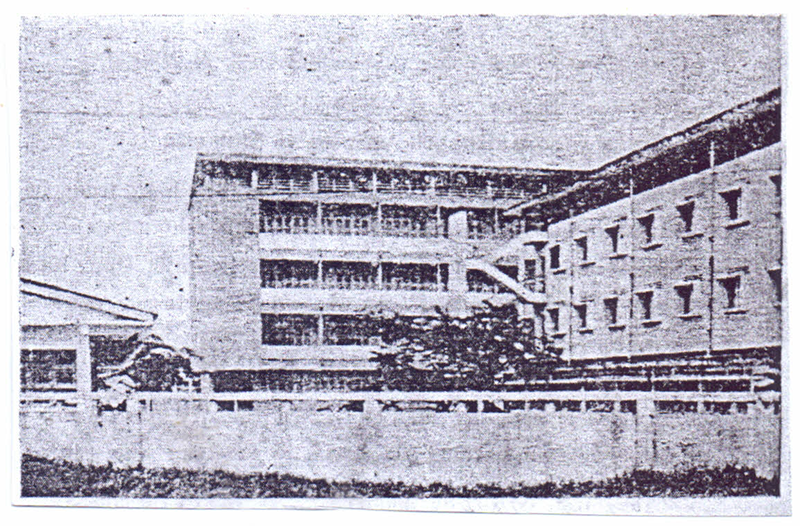 |
| Campus III - Can Tho University in the early days of its formation |
In these days, there was an increase in the demand for training and providing professional Information Technology (IT) human resources; software production and development, IT solutions and application consulting; technical solutions as well as consulting and supply of IT equipment, meeting the needs of IT application in socio-economic development. In 1994, the University decided to establish College of Information and Communication Technology upgraded from the IT Computer Center of Can Tho University (established in 1990) and in 2001 established Software Center under Decision No. 1574/QĐ-BGD&ĐT – TCCB dated March 29th, 2001. In 2015, College of Information and Communication Technology was moved to Campus II. After that, the business department of the IT Computer Center of Can Tho University was developed into a Science and Technology One Member Limited Liability Company under Can Tho University according to Decision No. 1542/QĐ-ĐHCT dated May 24th, 2016.
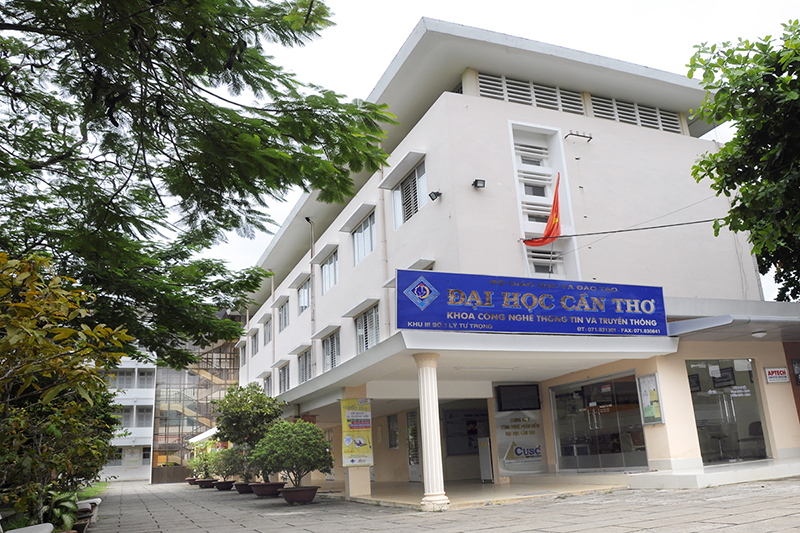 |
| College of Information and Communication Technology in the early days of establishment |
Through stages of formation and development, there are currently 3 units operating in training and running business in Campus III as follows:
1. Can Tho University Software Center (CUSC) was established under Decision No. 1574/QĐ-BGD&ĐT – TCCB dated March 29th, 2001 by the Ministry of Education and Training. Can Tho University Software Center is one of the first software centers in the Mekong Delta region to meet the needs of training professional and specialized IT human resources in software industry, software production and outsourcing, solutions for system integration and IT application into all aspects of social life.
With the motto of cooperation for development, the Center on one hand produces software meeting market demands; on the other hand, supports localities to build software teams, and propose IT application solutions in many different fields.
 |
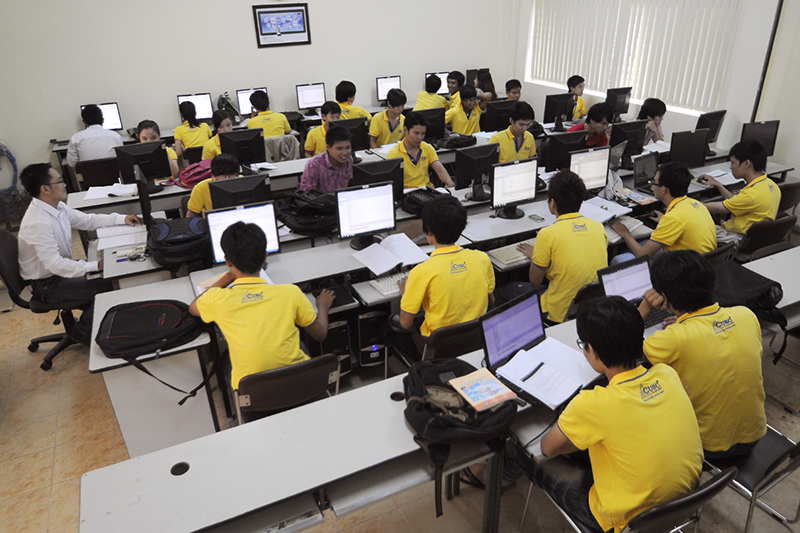 |
2. Science and Technology One Member Company Limited of Can Tho University (CTU-TECH) was established under Decision No. 1542/QĐ-ĐHCT dated May 24th, 2016 by the Rector of Can Tho University.
- The precursor of the company is the IT Computer Center of Can Tho University with more than 20 years of operation in the business of information technology equipment.
- CTU-TECH Company was assigned by Can Tho University to carry out activities of transferring results of scientific and technological research, production and business in fields that are strengths of Can Tho University (Agriculture, Biology, Chemistry, Mechanics, Construction, Electric, Electronics, Information and Communication Technology, Processing, Aquaculture and Fisheries, and Environment, etc.), and building a professional, dynamic and creative working environment.
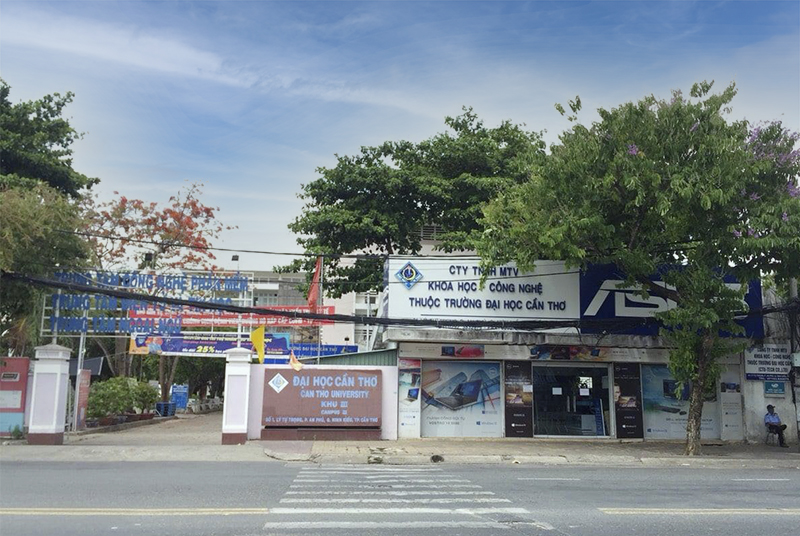 |
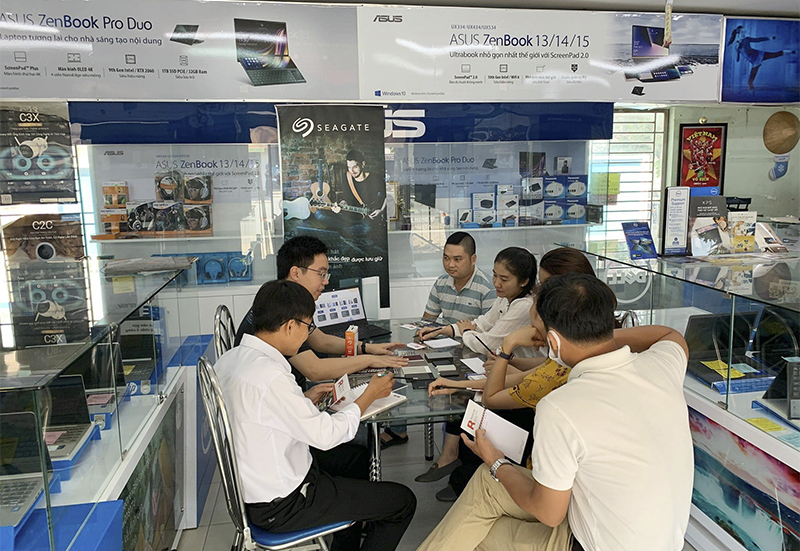 |
3. Office of Center for Foreign Languages of Can Tho University is to organize national foreign language assessment exams with high quality and prestige in Can Tho city and the region. The Center regularly offers English and French courses at all levels, besides the courses of Japanese, Chinese, Korean, and Vietnamese for foreigners. The Center also organizes IELTS, TOEIC, TOEFL ITP exam preparation courses with flexible learning time to meet the needs of students.
Center for Foreign Languages of Can Tho University is constantly striving to maintain its leading position in teaching and learning foreign languages and develop into an excellent regional foreign language center.
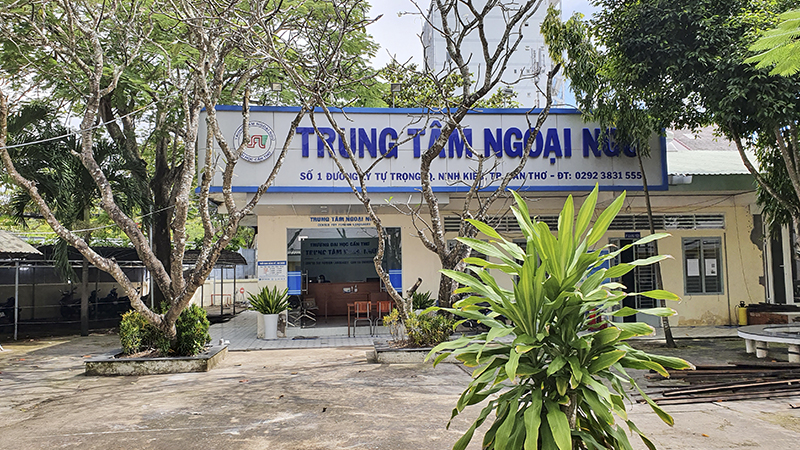 |
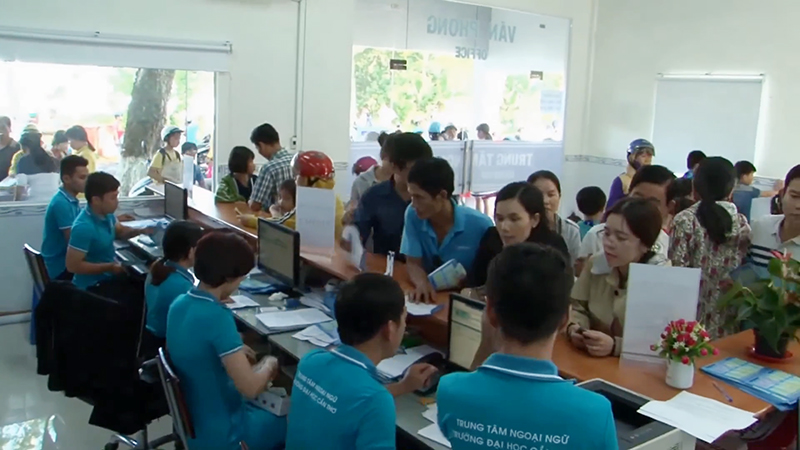 |
In the development policy for the period of 2021-2025, the University aims to build a new building for software research and development center (5-story building).
In June 2011, Can Tho University inaugurated Hoa An Campus, located at No. 554, National Highway 61, Hoa Duc Hamlet, Hoa An Commune, Phung Hiep District, Hau Giang Province. With a total area of 112.31 hectares, the East borders Bao Mon canal - Hoa Duc hamlet, the West borders Nong Truong canal - Hoa Duc hamlet, the North borders Canal 83 - Xeo Tram hamlet, the South borders National Highway 61.

Hoa An Campus
The formation of Hoa An Campus is associated with the mission of training human resources, scientific research and technology transfer, giving priority to rural areas in the Mekong Delta region, contributing to meeting the needs of the local community in training human resources as well as conducting relevant scientific research for rural areas in the Mekong Delta, keeping up with the socio-economic development momentum of the country and other countries in the region. This is an issue that the Government is paying great attention to and focusing all resources on the development of "agriculture, farmers and rural areas". At the same time, the establishment of College of Rural Development and Center of National Defense Education in Hoa An is a great breakthrough, creating a new direction of development, expanding the scale and influence of the University, creating a driving force to upgrade and develop stably Hoa An Campus in the long run to become a quality and modern formal training place.
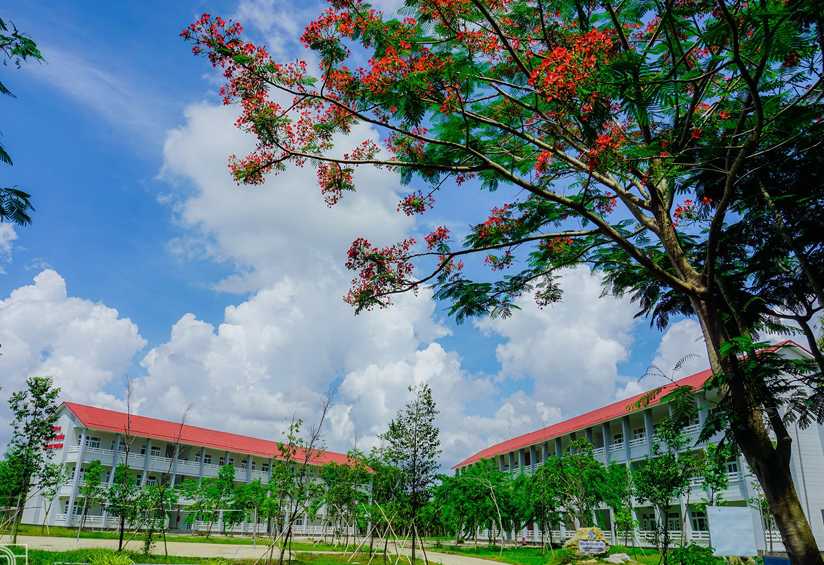
College of Rural Development
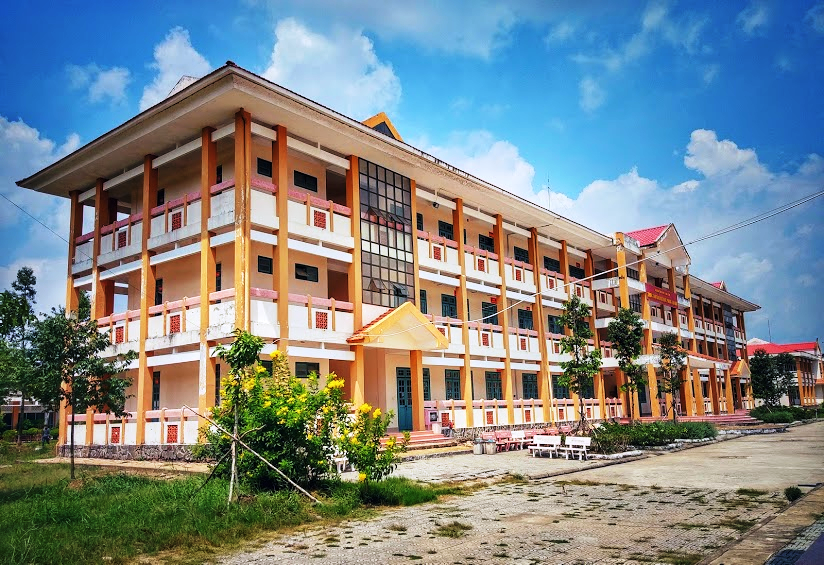
Center of National Defense Education
Since its establishment, Hoa An Campus has been a learning and living place for students of College of Rural Development with enough equipment and facilities for learning, living, and entertainment. It is also a place to foster knowledge of National Defense Education for students in the Mekong Delta. At the Center of National Defense Education, students live in an army-similar environment, which is favorable for students to achieve the best results in defense education.
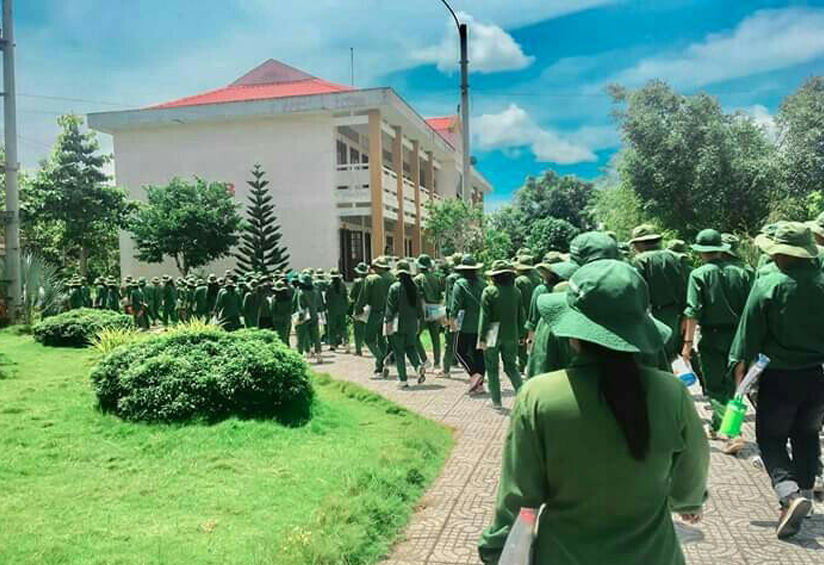
Students in Hoa An Campus
Mang Den Campus is one of the new campuses of Can Tho University (CTU) in which the Center for Training, Applied Scientific Research and Technology Transfer - CTU was established and located at sub-zone 488, Mang Den town, Dak Long commune, Kon Plong district, Kon Tum province. The Center was started construction on October 28th, 2018, with a total investment of about 2.4 billion VND and was inaugurated on July 10th, 2020.
The completion and operation of the Center mark a turning point in building and developing the brand of CTU in Mang Den, thereby demonstrating the University's commitment to human resource training, scientific research and technology transfer, including hi-tech agriculture to meet social needs and serve local development.
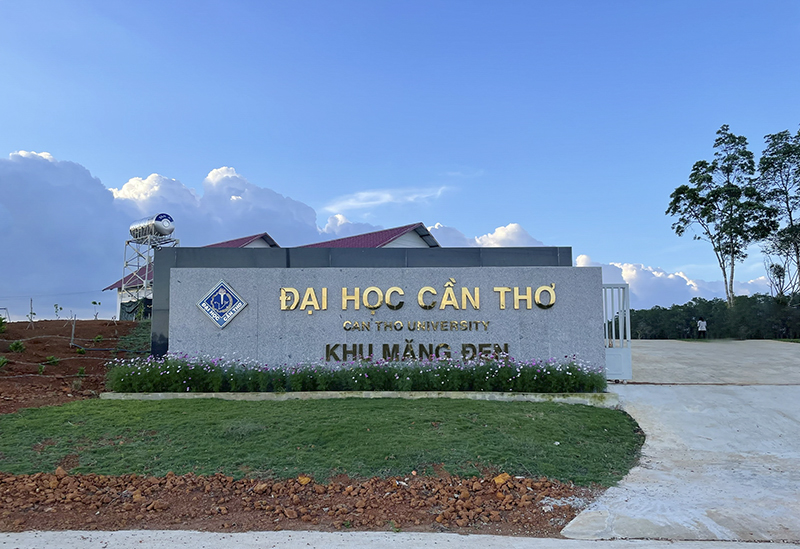 |
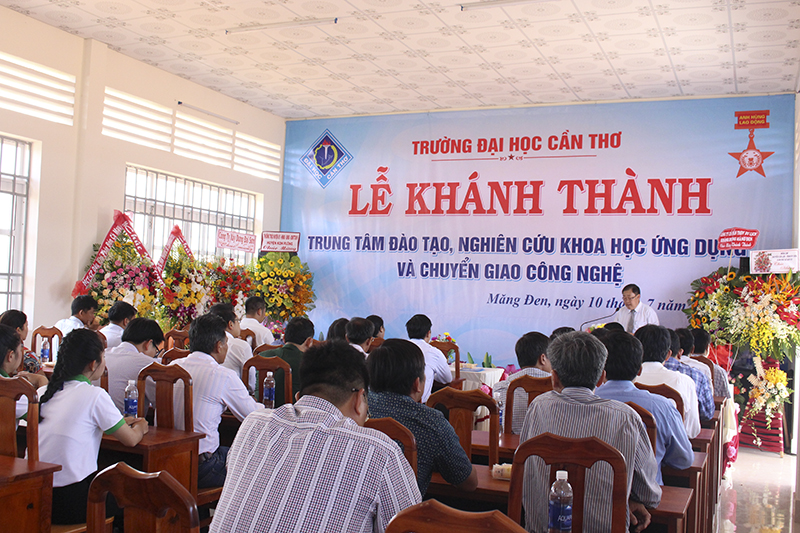 |
|
Inauguration ceremony of Center for Training, Applied Scientific Research and Technology Transfer - CTU |
Center for Training, Applied Scientific Research and Technology Transfer - CTU in Mang Den will be one of CTU's important facilities in supporting training, applied scientific research and technology transfer in Kon Tum and the Central Highlands provinces, contributing to expanding the position and influence of the University and to the economic, cultural and social development of the localities.
|
|
|
Planning and development strategy of Mang Den Campus |
Currently, the Center has been planned to develop several high-tech fields such as: Conservation and development of indigenous plant varieties and livestock; Developing the environmentally-friendly high-tech agro-ecological models, agriculture for tourism; Conservation and development of endemic ornamental plants, specialties for tourism; Conservation, development and processing of medicinal materials; Developing, raising and preserving the diversity of indigenous aquatic products for livelihoods and tourism; Developing and applying Industry 4.0 technologies in socio-economic production and management; in addition to Developing a plan to cooperate with districts of Kon Tum and the Central Highlands provinces; Sign cooperation agreement with localities; Hai Phong Co., Ltd; Petrovietnam Ca Mau Fertilizer Joint Stock Co., etc.
Some photos of the Center's activities:
|
|
|
|
|
|
|
|
|
|
|
|
|
|
|
|
Vinh Chau experimental farm, formerly Artemia Research Center, was established in 1986, with an area of 17.2 hectares and located in Vinh Phuoc, Vinh Chau town, Soc Trang province. Vinh Chau Experimental farrm is an important facility of Can Tho University in training, research and practice for students, timely implementation of high-tech research results to practical scale as a demonstration model serving training of technology transfer and sustainable development of the aquaculture and fisheries industry for the region (farms, companies, enterprises, local agencies, etc.). In addition, it is also the basis for strengthening domestic and international cooperation in aquaculture and fisheries, contributing to increasing the brand value of Can Tho University, the local economic development of the Mekong Delta region.
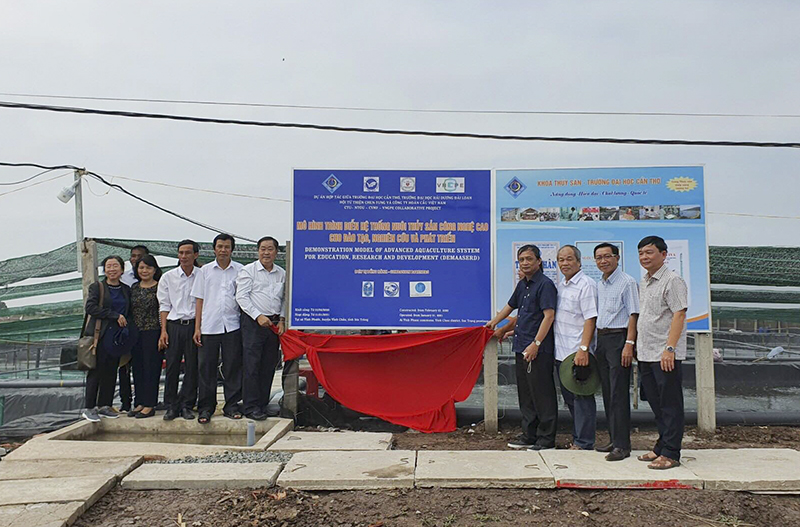 |
|
Center for research and application of saltwater and brackish water fisheries - Can Tho University in Vinh Chau |
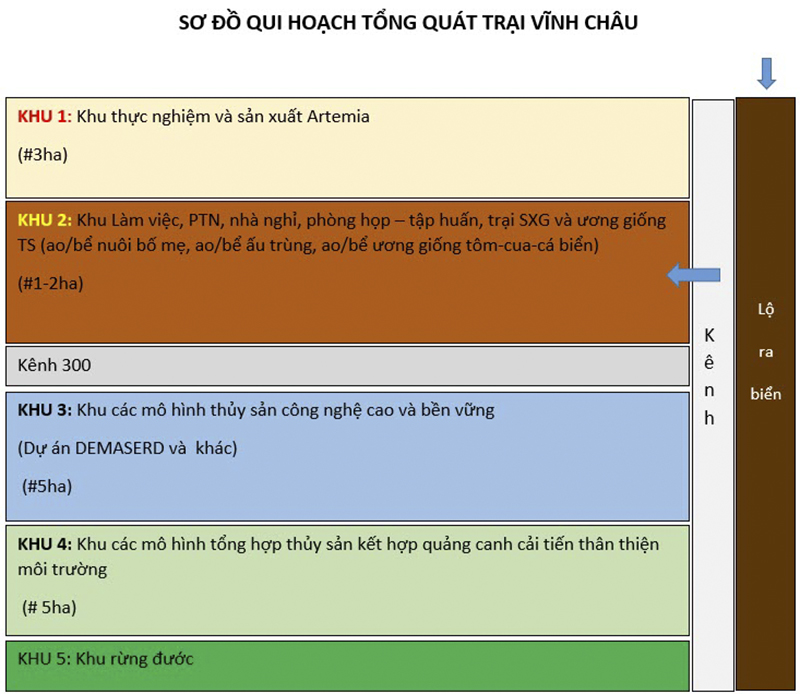 |
|
Planning diagram of Vinh Chau Experimental Farm |
General planning diagram:
- Artemia experimental area (3-4 ha)
- Aquaculture hatcheries, laboratories, offices, training rooms (1-2 ha)
- Shrimp farming area
- High-tech aqauculture (5-7 ha)
- Environmentally friendly aquaculture area (3-4ha)
- Mangrove forest area (2 ha)
In order to improve operational effectiveness and meet the increasing development needs of the fisheries industry, the University has developed the experimental farm into a center for research and application of saltwater and brackish water aquaculture which is multi-purpose and diversified using high technologies, serving training, research, and technology transfer for the Mekong Delta region in the context of the rapid development of the fisheries and aquaculture industries, the development needs of the locality, and the need to develop high-tech fisheries, climate change adaptation and environmental friendliness.
Currently, the Center has been implementing a number of high-tech aquaculture and fishery activities such as implementing the project "Artemia at low salinity" (Soc Trang); implementing DeMAASERD project (Demonstration model of advanced aquaculture system for education research and development); implementing the Technical Cooperation Project - Phase 2 (TC2) with a modern and environmentally friendly aquaculture model in the coming time; Preparing for experimental hatchery of shrimp - crab - fish; Offering internship for students; promoting international cooperation activities.
The Center for research and application of saltwater and brackish water aquaculture is consider a foundation for cooperation with domestic and international units (institutes, universities, agencies, companies) through the promotion of joint projects in scientific research, training, technology transfer, and exchange of staff and students between domestic and international universities.
Some activities at the Center:
|
|
|
|
|
|
|
|
|
|
|
|
|
|


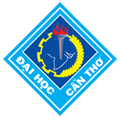
 Undergraduate
Undergraduate 